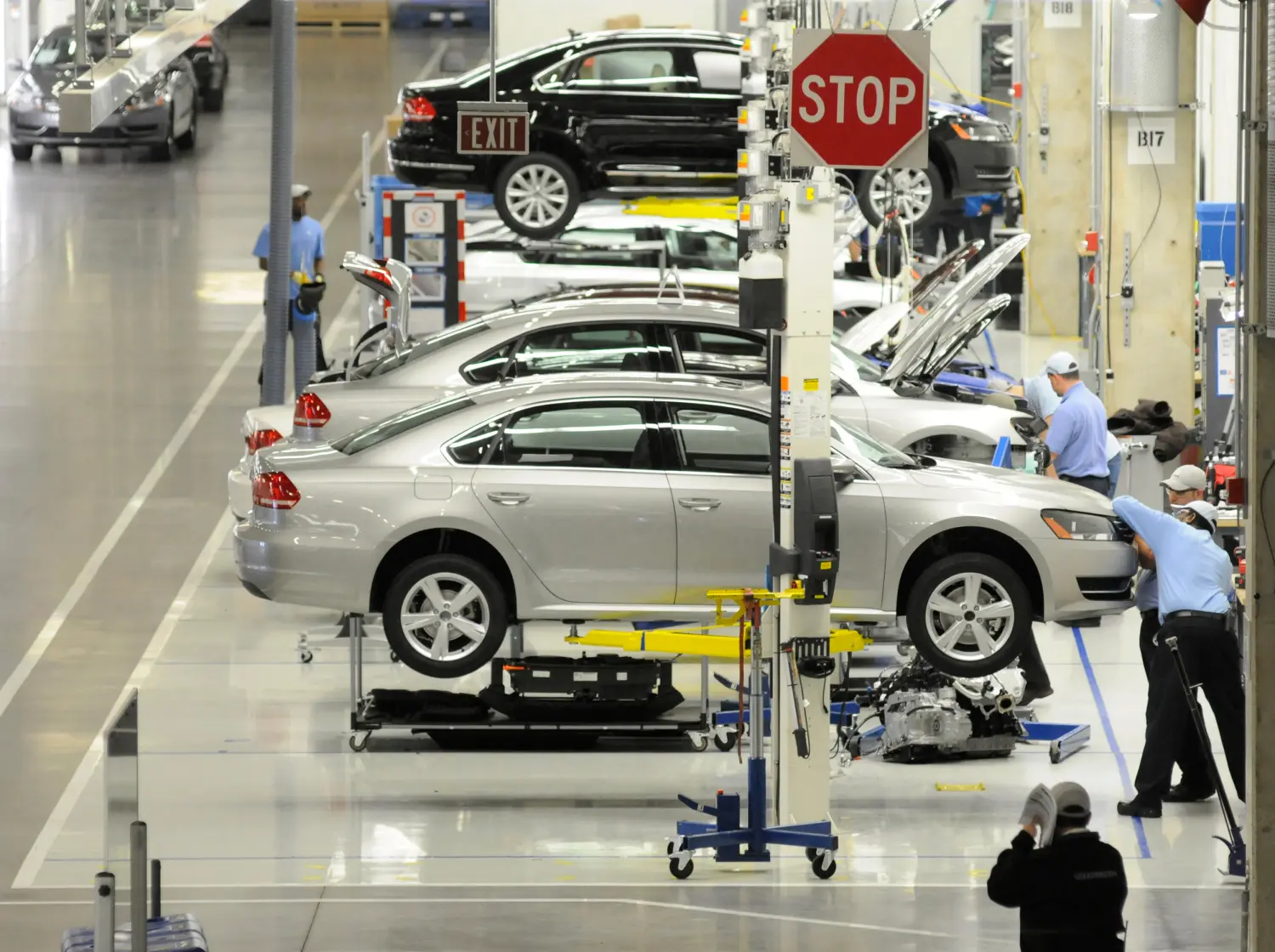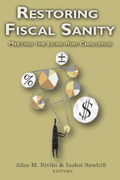The Car Allowance Rebate System (CARS) or “cash for clunkers” program, launched during the height of the recession with the intention of stimulating the economy, creating jobs, and reducing emissions, was actually far more expensive per job created than alternative fiscal stimulus programs. Ted Gayer and Emily Parker have performed a wide-spread evaluation of the various aspects of the program, from numbers of vehicles traded-in to impact on GDP, cost per job, environmental impact and the types of consumers who took advantage of the program. Among other conclusions, they found that:
- The $2.85 billion program provided a short-term boost in vehicle sales, but the small increase in employment came at a far higher implied cost per job created ($1.4 million) than other fiscal stimulus programs, such as increasing unemployment aid, reducing employers’ and employees’ payroll taxes, or allowing the expensing of investment costs.
- Total emissions reduction was not substantial because only about half a percent of all vehicles in the United States were the new, more energy-efficient CARS vehicles.
- The program resulted in a small gasoline reduction equivalent only to about 2 to 8 days’ worth of current usage.
- In terms of distributional effects, compared to households that purchased a new or used vehicle in 2009 without a voucher, CARS program participants had a higher before-tax income, were older, more likely to be white, more likely to own a home, and more likely to have a high-school and a college degree.
The Brookings Institution is committed to quality, independence, and impact.
We are supported by a diverse array of funders. In line with our values and policies, each Brookings publication represents the sole views of its author(s).









